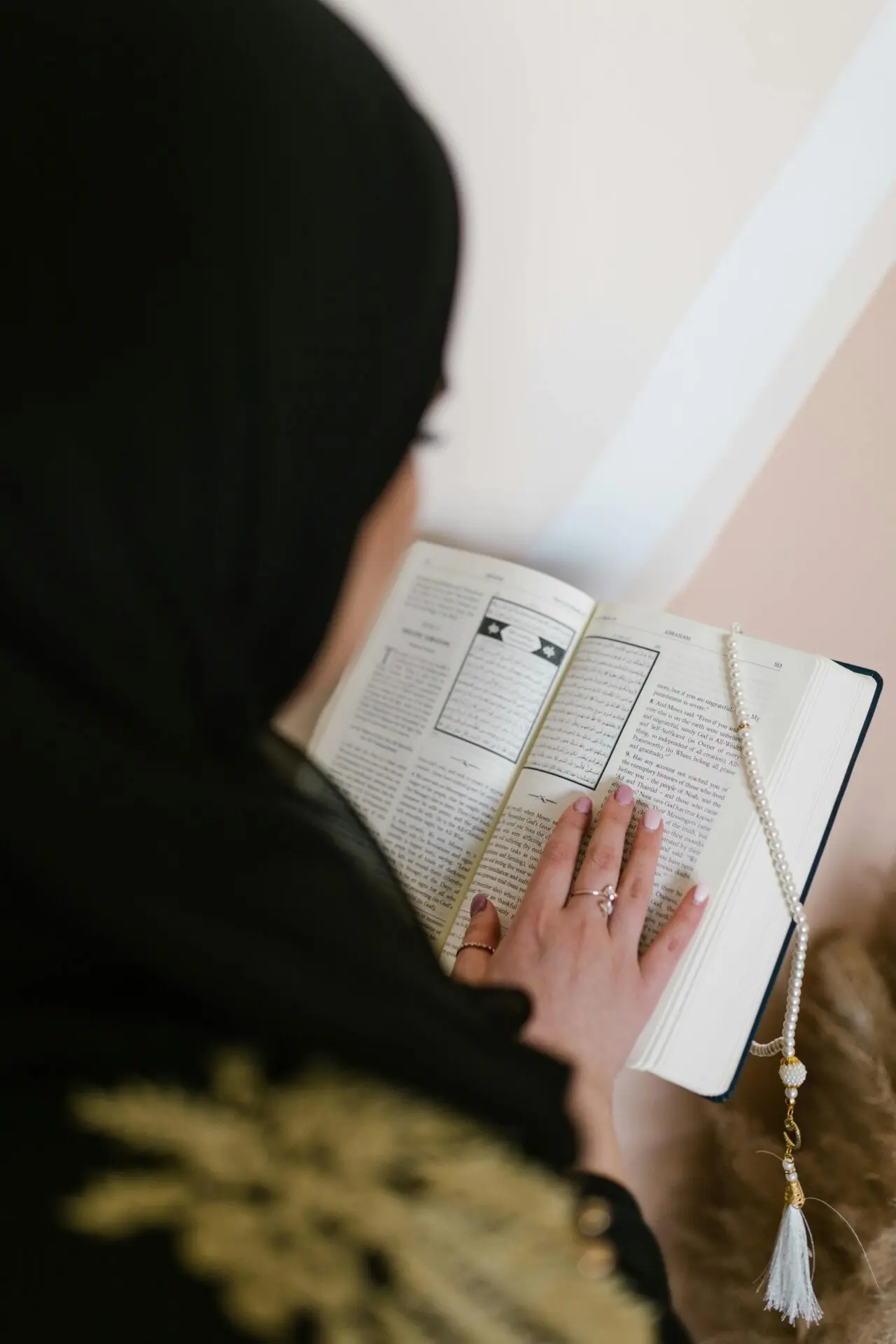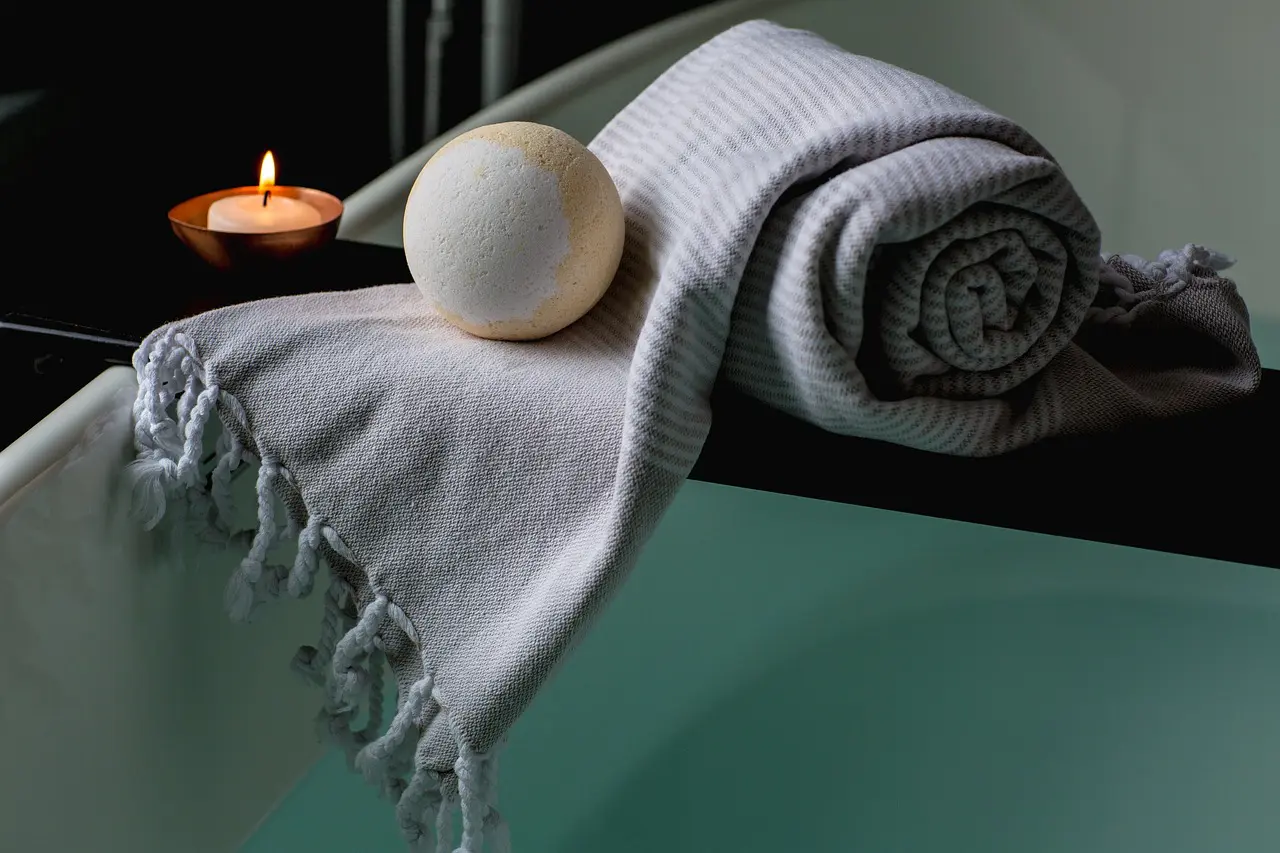Ramadan Self-Care: How to Balance Worship, Wellness & Relaxation
Ramadan is a time of deep spirituality, self-discipline, and devotion. It’s a month where we prioritize worship, fasting, and charity, but often, self-care is overlooked in the process. However, caring for your physical and mental well-being enhances your ability to worship effectively and maintain energy throughout the month.
Self-care during Ramadan is not indulgence. It is maintaining balance and ensuring that your body, mind, and soul are nurtured through this spiritual journey. It is carrying out all your acts of worship, no matter how small, with utmost mindfulness. However, sometimes you want to do a lot of good deeds within a little time.

Yes, it’s perfectly okay to be greedy for a lot of rewards. Despite this, not maintaining a balance drains you quickly. When this happens, your body slows itself down on the most important days. As a result, you will not be able to carry out as many activities as you’d love to. You’d also have a feeling of missing out on the rewards too! To prevent this, let’s explore how to align worship, wellness, and relaxation during Ramadan.
The Wellness Benefits of Fasting
Fasting during Ramadan , in addition to spiritual practice, also has remarkable wellness benefits. Scientific studies have shown that fasting can
- Boost metabolism & detoxify the body: Fasting gives the digestive system a break, allowing the body to remove toxins and regenerate cells.
- Improve mental clarity & focus: Reduced food intake leads to increased mental sharpness and mindfulness.
- Enhance emotional well-being: Practicing self-control can help manage stress and promote patience.
- Support heart health & reduce inflammation: Fasting has been linked to lower cholesterol levels and improved cardiovascular function.
By recognizing fasting as an integral part of spiritual and physical health, you can approach each day in Ramadan as an opportunity to reset your body and mind.

Why Self-Care Matters During Ramadan
Although Ramadan is spiritually fulfilling, it can also be physically and mentally draining, especially with long fasting hours, late-night prayers, and disrupted sleep schedules. Prioritizing self-care allows you to:
- Maintain energy for worship and daily responsibilities.
- Reduce stress and fatigue, helping you stay present and mindful in your ibadah.
- Improve sleep quality, so your body can rejuvenate for the next fasting day.
- Strengthen your connection with yourself and Allah, making Ramadan a truly holistic experience.
One of the best ways to incorporate self-care into Ramadan is through home spa rituals and relaxation techniques.
Why Spa Pampering at Home is Perfect for Ramadan
A visit to a spa may not always be feasible during Ramadan, but you can create a relaxing and rejuvenating experience right at home. Here’s why at-home spa pampering is ideal for this sacred month:
- Saves time & energy: No need to leave home or disrupt your worship schedule.
- Provides a halal relaxation space: Maintain modesty and comfort while enjoying self-care.
- Enhances focus & mindfulness: Relaxed muscles and a calm mind lead to a deeper spiritual connection.
- Encourages self-discipline & balance: Self-care becomes an intentional act of nourishment, not indulgence.
Best Self-Care Practices for Ramadan
1. Relaxing Evening Baths with Essential Oils
A warm bath infused with lavender or chamomile essential oils can help ease muscle tension, improve sleep, and prepare you for Taraweeh prayers. Adding Epsom salt further soothes sore feet from standing long hours in prayer.
2. Hydrating Skincare Routines
Fasting can dry out the skin, so a hydration-focused skincare routine is essential. After Iftar, apply rose water mist, a deep moisturizer, and lip balm to keep your skin glowing and hydrated.
3. Aromatherapy & Sensa Dough for Stress Relief
Aromatherapy using oud, frankincense, or sandalwood enhances spiritual reflection while reducing stress. Additionally, using Sensa Dough (aromatherapy playdough infused with calming oils) can help ease tension and promote relaxation.
4. Massage Therapy with Natural Oils
A quick massage with coconut or argan oil can relieve fatigue and improve circulation. Focus on your feet, shoulders, and temples for the best results.

How to Create a Ramadan Spa Routine at Home
To maintain balance throughout Ramadan, incorporate a self-care routine into your daily schedule:
PreIftar Relaxation
- Light stretching or gentle yoga to ease muscle stiffness.
- Deep breathing exercises to enhance focus before breaking fast.
- Apply a cool eye compress to relieve tired eyes from screen exposure.
Post-Taraweeh Wind-Down
- Foot soaks in warm water with rose petals and salt to relax after long prayers.
- Light massage using essential oils before bed to promote restful sleep.
- Listen to soothing Qur’an recitations or dhikr as you unwind.
>Worship & Wellness Go Hand in Hand
Ramadan is about spiritual discipline, but that doesn’t mean neglecting your body. Taking care of yourself enhances your ability to worship wholeheartedly.
By balancing self-care, relaxation, and devotion, we can experience Ramadan as a time of renewal, tranquility, and self-growth. Whether through mindful fasting, home spa rituals, or deep reflection, every act of self-care can be an act of worship.
May this Ramadan bring you peace, wellness, and abundant blessings.
Want to create your own Ramadan spa experience at home?
Explore our self-care essentials here: pampering relaxation experience

Book a spa date here.
Find us at Akinhami St, Idi Oro, Ikeja, Nigeria.
Explore SPAH
Follow us on Instagram
